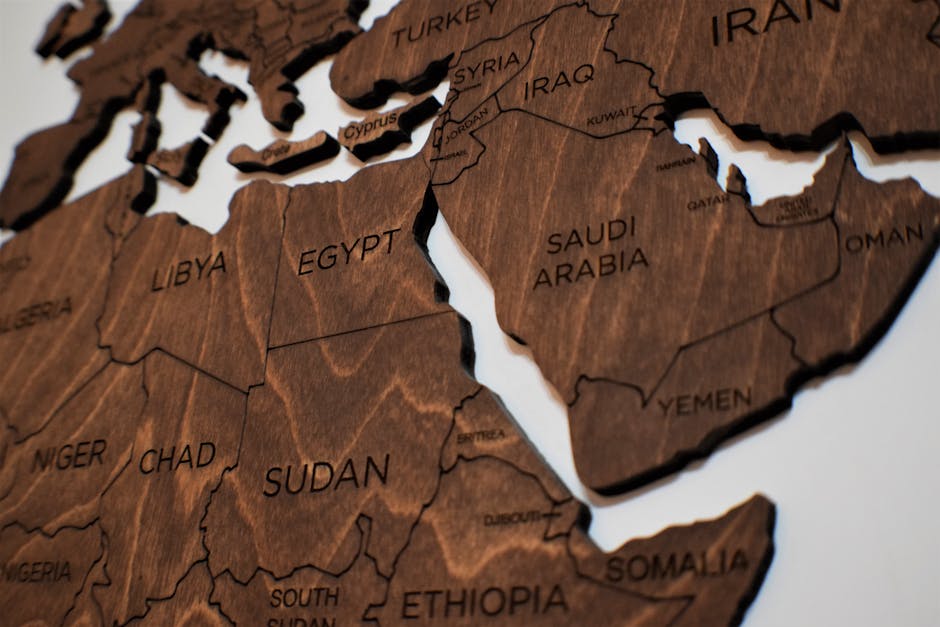


 Libya
Libya
Libya is an exciting and unique travel destination. With its stunning desert landscapes, ancient ruins, and vibrant culture, Libya offers a truly unforgettable experience. The country is home to some of the world's most impressive archaeological sites, including the ancient city of Leptis Magna and the ruins of Cyrene. Visitors can explore the Sahara Desert, take in the stunning views from the Acacus Mountains, or relax on the Mediterranean coast. Libya also has a rich cultural heritage, with traditional music and dance performances, colorful markets, and delicious cuisine. With its friendly people and fascinating history, Libya is sure to be an unforgettable destination for any traveler.
Activities: Hiking, Camping, Safari
Landscapes: Beaches, Deserts, Canyons
Topics: Nature, Wildlife, History, Festivals, Adventure
Is Libya expensive?
Libya currency
ل.دLibyan dinar (LYD)
Weather in Libya
The weather in Libya is generally hot and dry. Summers are very hot, with temperatures reaching up to 40°C (104°F) in the desert regions. Winters are mild, with temperatures ranging from 10°C (50°F) to 20°C (68°F). Rainfall is scarce, with most of the country receiving less than 100mm (4 inches) of rain per year. The coastal areas receive more rainfall than the interior regions. The best time to visit Libya is during the spring and autumn months when temperatures are more moderate.
- Yearly temperature range: 9°C - 34°C
- Monthly rainfall range: 0mm - 26mm
- Daily sunshine range: 7h - 13h
Traveling Libya
Transportation
The most common form of transportation in Libya is by car. Taxis are available in major cities, and there are also buses and trains that connect the major cities. There are also domestic flights available between some of the larger cities.
Is Libya safe?
Crime
Traveling in Libya can be dangerous due to the high levels of crime. Common crimes include pickpocketing, mugging, carjacking, and armed robbery. There have also been reports of kidnappings and sexual assaults. It is important to be aware of your surroundings and take extra precautions when traveling in Libya.
Travel advisory
5/5Libya has a current risk level of 5 (out of 5). We advise: It is not safe to travel Libya.Last updated: Thu Mar 23 2023
Health
Health Considerations
Travelers to Libya should be aware of the potential risks associated with the country's ongoing political unrest and civil war. Vaccinations for hepatitis A, typhoid, and rabies are recommended. Malaria is also present in some areas, so travelers should take appropriate precautions. Additionally, travelers should be aware of the risk of contracting water-borne diseases such as cholera and dysentery due to poor sanitation and hygiene practices. It is also important to be aware of the risk of contracting infectious diseases such as meningitis, tuberculosis, and HIV/AIDS.
Safety Considerations
Due to the ongoing political unrest and civil war in Libya, travelers should exercise extreme caution when visiting the country. The security situation can change quickly and without warning, so it is important to stay informed about current events. Travelers should avoid large crowds and demonstrations, as well as areas known for criminal activity. Additionally, travelers should be aware that there are restrictions on photography in certain areas.
Libya customs and etiquette
Be Respectful
Be mindful of local customs and traditions, dress modestly, and avoid public displays of affection.
Be Aware of Local Laws
Be aware of the laws in Libya, including those related to photography, alcohol consumption, and drug use.
Be Courteous
Avoid loud conversations or behavior that could be seen as disrespectful or offensive.
Be Mindful of Your Surroundings
Be aware of your surroundings at all times and take extra precautions when traveling alone or at night.
Respect Religious Sites
When visiting religious sites, be respectful and follow any rules or regulations that may be in place.
TP
Copyright 2023